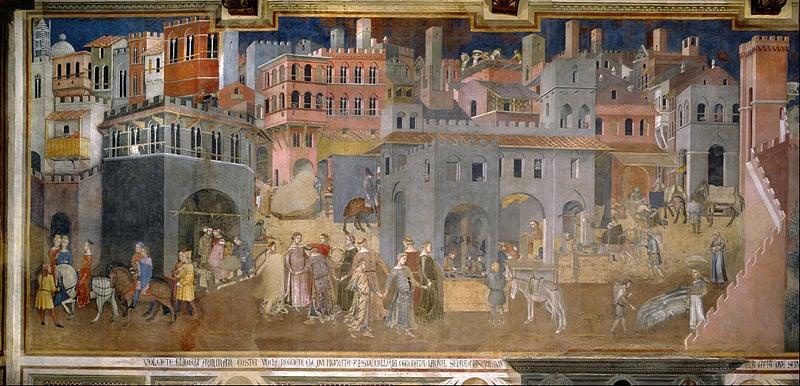Right. I read it. And by “It” I mean, of course, Adrian Vermeule’s Atlantic piece.
Here’s the thing: Vermeule’s “Common good constitutionalism” is not actually that different from, for example, Hadley Arkes’ natural law constitutionalism. That tradition of Finnis-inspired Lincoln-loving conservative jurisprudence likewise rejected originalism—despite the fact that Arkes and Scalia were great friends, they disagreed on this—precisely on the grounds that there is no magic in the original text: the justice or injustice of a law depends on whether or not it comports with natural law, and tracing the “intent of the founders” is cultish ancestor worship, not commitment to good government.
Login to read more
Sign in or create a free account to access Subscriber-only content.
